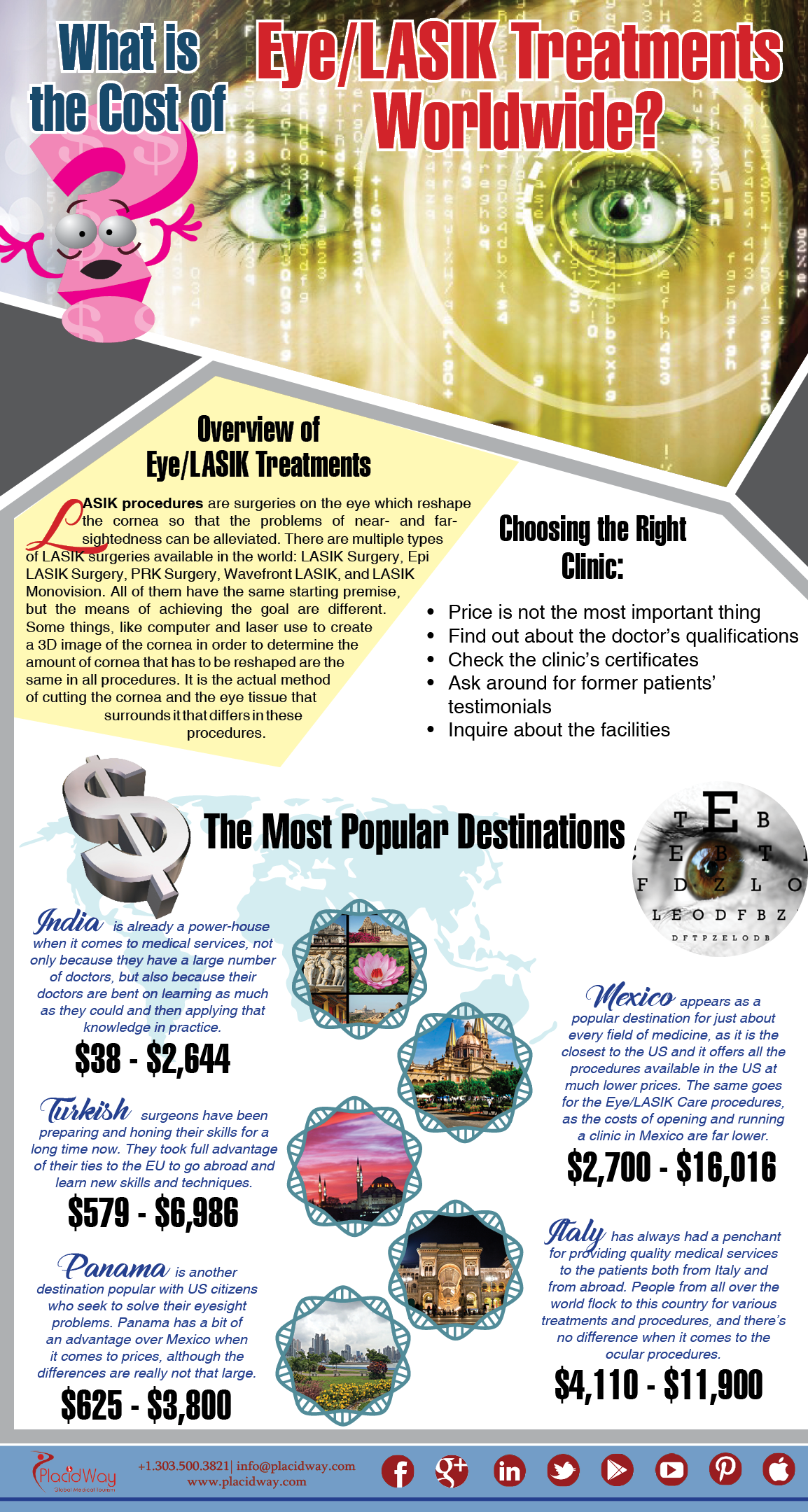Evaluation The Essential Eye Assessment Standards By Age To Safeguard Ideal Vision— Determine When You Need To Set Up Your Next Go To For Eye Care
Writer-Tilley Waters When it involves eye health and wellness, knowing how commonly to see an eye doctor is critical at every stage of life. From babies to senior citizens, each age group has certain guidelines that can aid preserve ideal vision. Comprehending these suggestions can avoid prospective problems down the line. So, exactly what are the eye exam guidelines for every age bracket? Let's simplify to ensure you're taking the best actions for your eye treatment.
Eye Exam Recommendations for Infants and Toddlers
When it involves eye examinations for babies and young children, early detection is essential. You need to arrange your kid's initial eye test around six months of age. Optometrist Exam Cost Omaha go to aids determine any possible vision problems early on. Afterwards, it's ideal to have an additional test at age three. By this age, your kid can react to standard vision tests, making it much easier for the eye doctor to assess their view. If What Optometrist Takes Medicaid has any type of threat elements, such as a family history of eye issues, don't hesitate to consult your eye doctor earlier. Normal examinations are necessary to ensure your kid's aesthetic development stays on track.
Eye Test Guidelines for Children and Teenagers
As your kid grows into school-age child and beyond, maintaining routine eye exams ends up being increasingly important. It's important to ensure their vision is creating effectively, particularly as they begin college and face brand-new knowing obstacles. The American Optometric Association advises that children have their first comprehensive eye test at age 5 or prior to beginning preschool. Afterwards, routine exams each to two years, depending upon their vision requirements and any type of existing problems. If your child uses glasses or contacts, they'll require annual examinations. Watch out for indications of vision issues, like scrunching up your eyes or trouble reading the board. Early detection can make a substantial distinction in your child's academic performance and general health.
Eye Test Frequency for Grownups and Senior citizens
Regular eye tests are necessary for grownups and senior citizens, generally suggested each to two years, depending on your age and general eye health. If you more than 60 or have particular conditions like diabetic issues or glaucoma, you may need yearly examinations. These tests help discover concerns early, guaranteeing you keep great vision and total eye health. Throughout your appointment, your eye doctor will certainly evaluate your vision, look for refractive errors, and screen for potential eye diseases. Do not wait up until you see problems; proactive care is crucial. If you put on glasses or call lenses, bring them along, and review any type of changes in your vision.
Conclusion
In recap, staying on par with eye examinations is vital for keeping good vision health and wellness at every age. See to it your kids see an eye doctor by six months and once again at three. For children and teens, detailed exams are necessary by age 5 and each to two years after. As grownups, aim for a test each to 2 years, while elders ought to focus on annual exams. Routine eye care aids catch concerns early and maintains your vision sharp! 